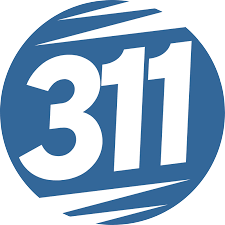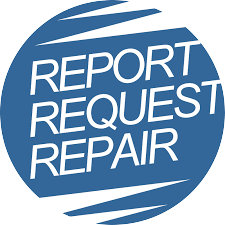- Scrutinize monthly statement (checking, savings, credit cards, etc.) and report any unauthorized transactions to the business, bank or other financial institution.
- Read all correspondence from your bank or other financial institution before discarding it.
- Never let anyone swipe your credit card twice without giving you a transaction cancelled receipt for the first swipe.
- Keep your credit/debit card in sight at all times to ensure that your card details are not copied.
- Pay close attention your surroundings when withdrawing money for ATMs. Don’t transact if anything appears to be out of place.
- Keep ATM receipts as proof of your transactions.
- Never store copies of your password/security number/access code with the card.
- Beware of mailbox thieves. Promptly remove incoming mail from your mailbox after it has been delivered. Deposit outgoing mail in the U.S. Postal Service’s collection boxes, or hand it directly to a mail carrier or take it to a local post office.
- Use gel-ink pens when writing checks. Checks written using gel ink are unable to be washed, which makes it more difficult to forge or counterfeit them.
- Purchase a cross-cut shredder to shred pre-approved credit card applications and receipts, canceled checks, bank and financial statements, expired credit cards and other documents or information that can be used to compromise your credit identity.
- Review your credit report at least twice a year for accuracy, and anything suspicious (inquiries, unauthorized bank accounts, credit cards, purchases, etc.).
- Contact your bank or other financial institution if a bank statement or credit card bill doesn’t arrive on time. This could be a sign that someone has stolen your account information and changed your mailing address, which will enable them to run up big bills in your name from another location.
- Deal with reputable online merchants when making Internet purchases. Make sure the site offers full security (a padlock sign should be displayed at the bottom of your web browser).
- Never carry your social security card, birth certificate or passport with you.
- Never give your credit card number, social security number, and financial or personal data information over the telephone unless you initiated the call and know whom you are talking to.
- Inquire about the security procedures at your place of employment, and who has access to your personal records.
Breaking News:
The City of Memphis is asking residents to...Read More about Extreme Heat Service Update June 29, 2023

